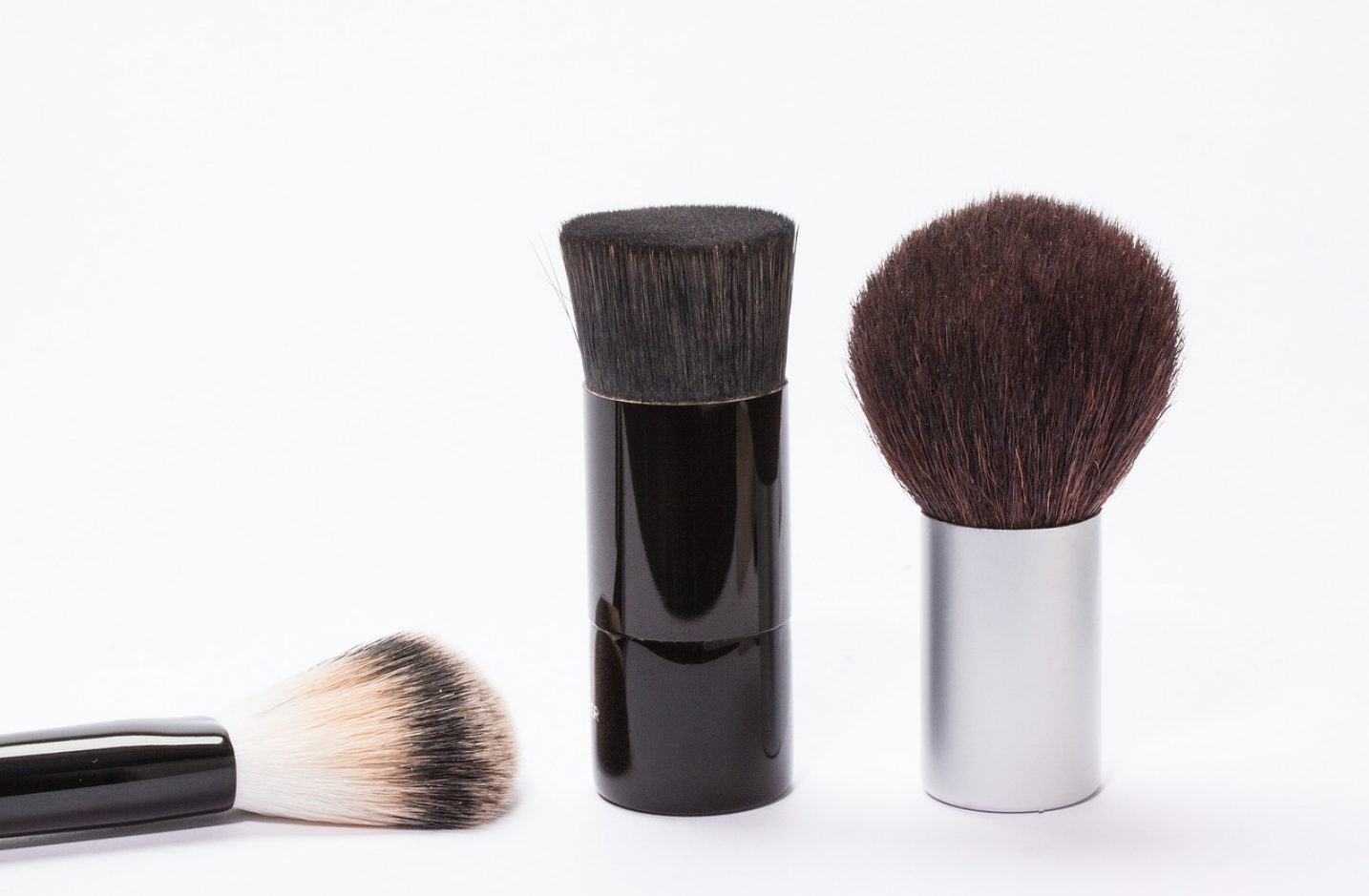FERUARY 7, 2024
Resilience and Radiance: Nigeria's Thriving Beauty and Cosmetics Industry Amid Economic Challenges

Despite economic uncertainties and declining consumer confidence in many markets, Nigeria's beauty and cosmetics industry is thriving. It is anticipated that by 2023, cosmetic revenues will reach $1.6 billion, with a substantial portion of sales originating from the flourishing Nigerian ecommerce sector.
By year-end, the personal care ecommerce market alone is projected to exceed $580 million. Importantly, this growth trend appears to be more than a temporary occurrence, especially for the cosmetics sector, which is poised for significant expansion over the next few years, with a predicted annual growth rate of 15.63%.
What's driving this market growth? Despite a dip in the spending power of Nigerian consumers, various industries, particularly beauty products and cosmetics, have sustained growth. The reasons behind the outperformance in sales receipts compared to other categories are multifaceted.
Urbanization is a significant factor, with the expanding urban populations in the country's largest cities becoming prime targets for beauty brands. Urbanites generally possess more disposable income and are more likely to engage with trends and marketing efforts.
Additionally, established brands are facing heightened competition, leading them to broaden their product ranges to stay competitive. This competition benefits consumers by offering a wider array of choices in terms of product variety and pricing tiers.
An additional catalyst for Nigeria's robust beauty and cosmetics sectors is the influx of affordable brands into the market. These aren't just cut-price companies selling subpar items; instead, recognisable yet affordable product ranges, such as those from brands like Rimmel, have become the industry norm.
Consumer confidence remains a key consideration, particularly given Nigeria's highest inflation rate in almost two decades recorded in June 2023. Despite economic challenges, consumers are reluctant to compromise on health, beauty, and cosmetic products.While inflation poses a threat, many companies have acknowledged the financial difficulties faced by Nigerians and are adjusting their pricing strategies accordingly. Formerly considered luxury items are now positioned more affordably, allowing consumers to make choices without having to sacrifice essential needs for beauty products.
In conclusion, considering these factors, the forecasted growth rates for the industry seem highly plausible, but brands must remain attuned to consumer behaviour, especially in the face of economic challenges and inflation.
Source: Inquirer.net